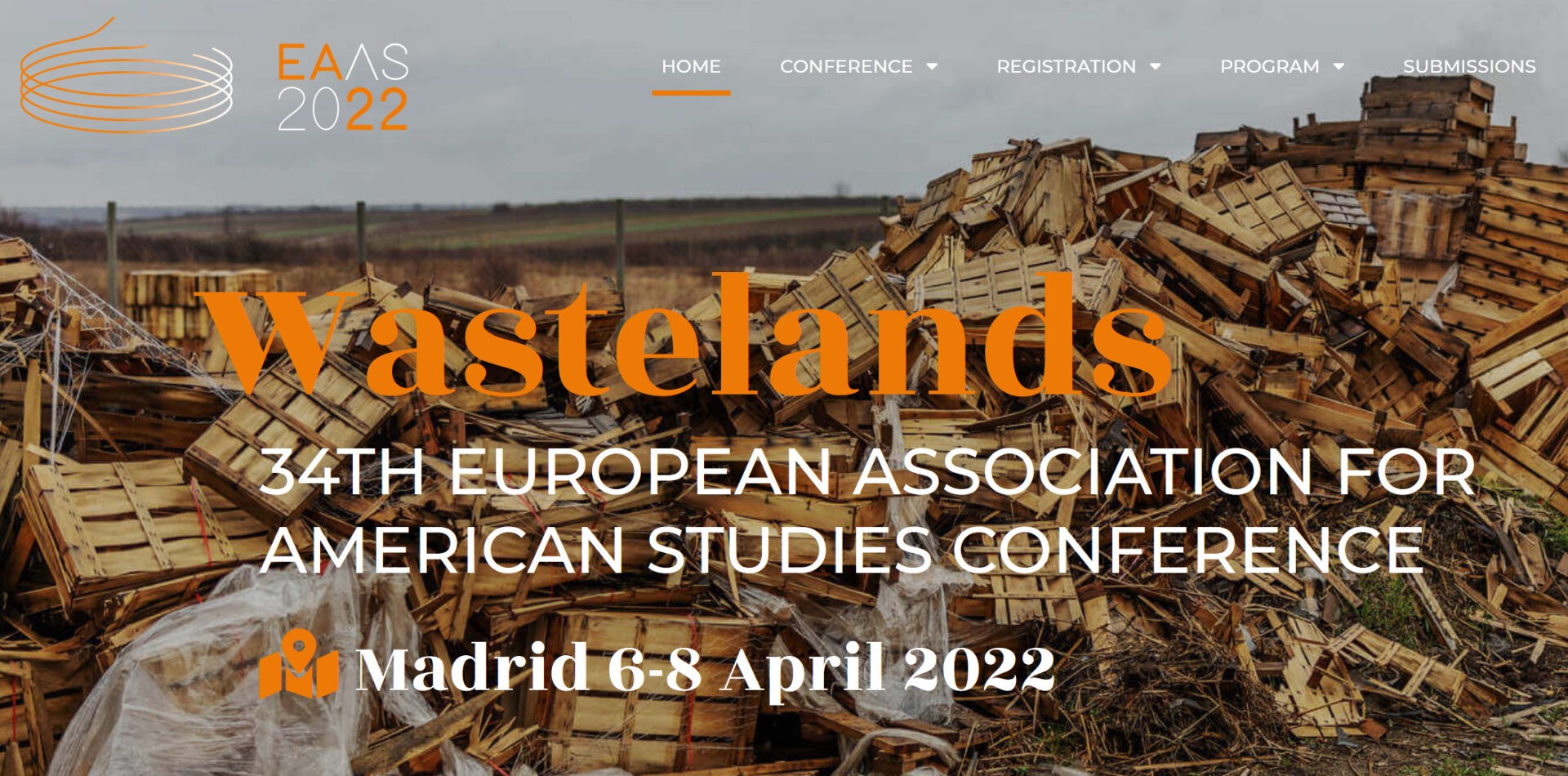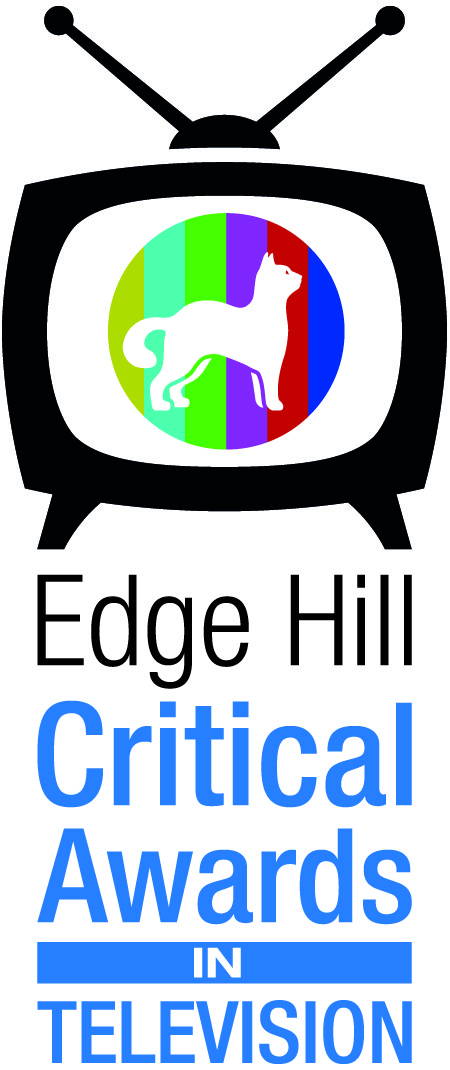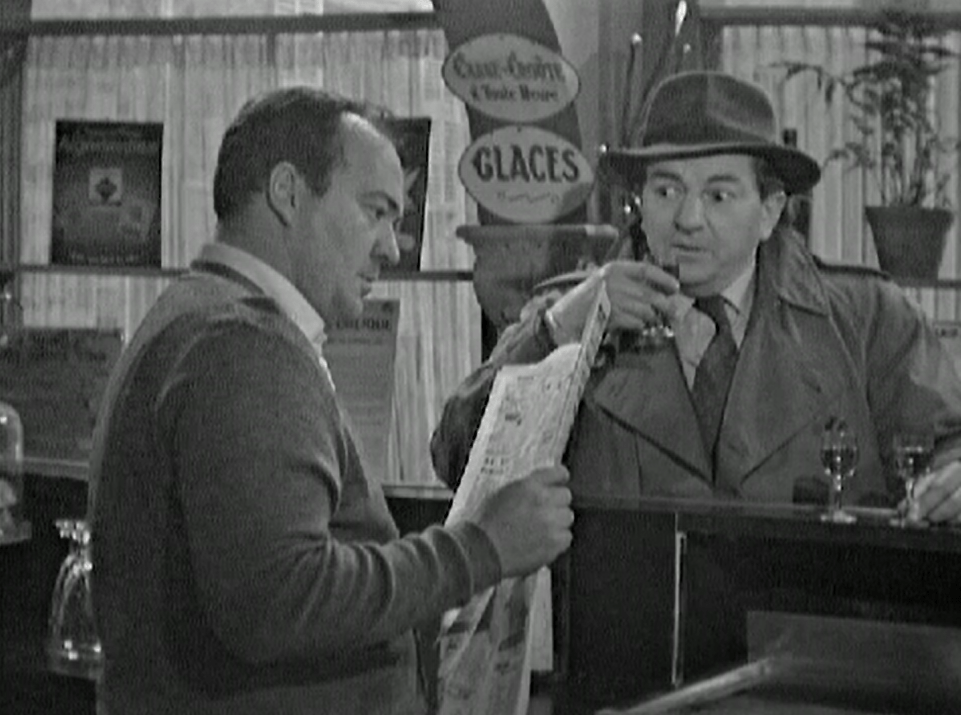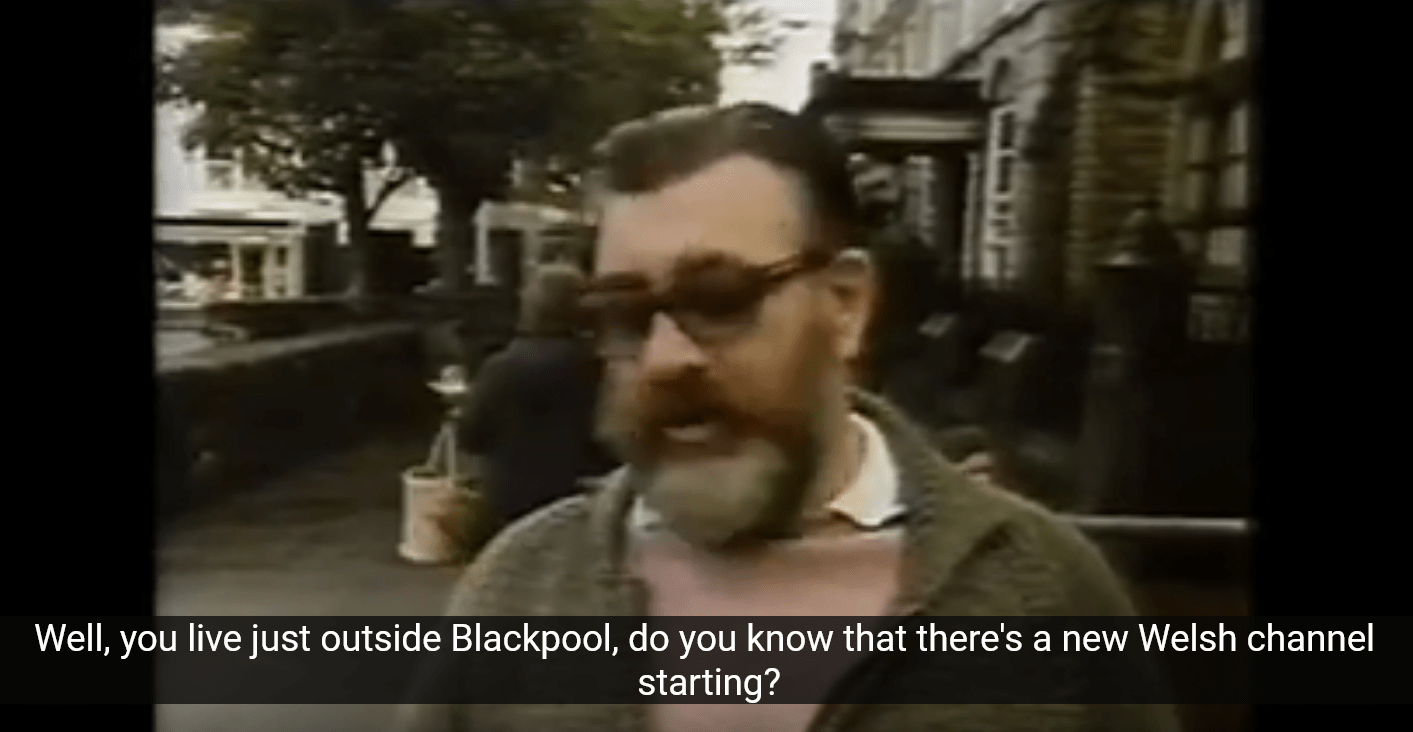
The research project ’Reaching Young Audiences: Serial Fiction and Cross-Media Storyworlds for Children and Young Audiences’ (RYA) seeks to provide detailed knowledge about the production and reception of film, TV and online fiction for children, tweens and teens through in-depth analysis of the current strategies for creating engaging fiction for young audiences and extensive qualitative case studies of their media use.









